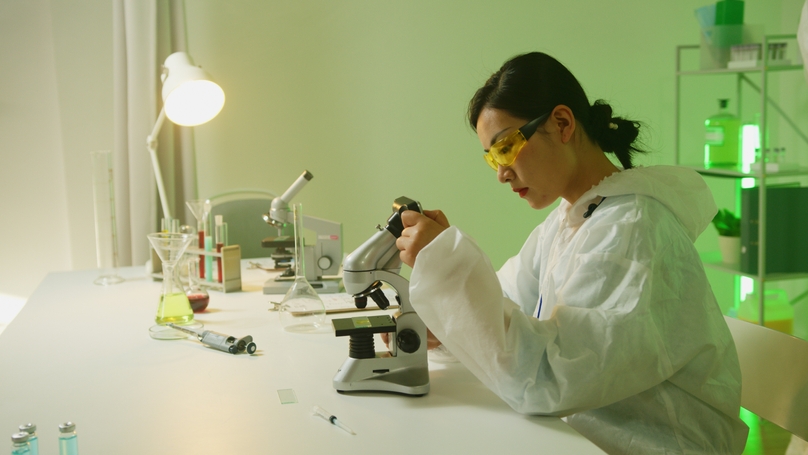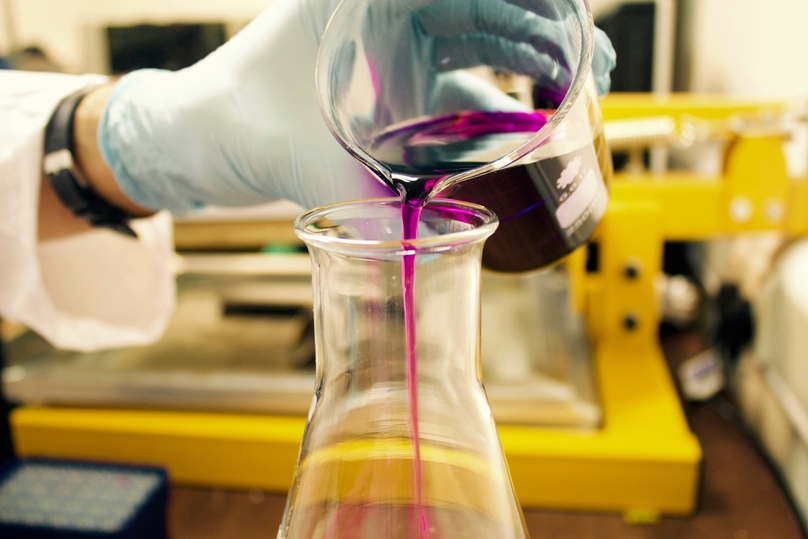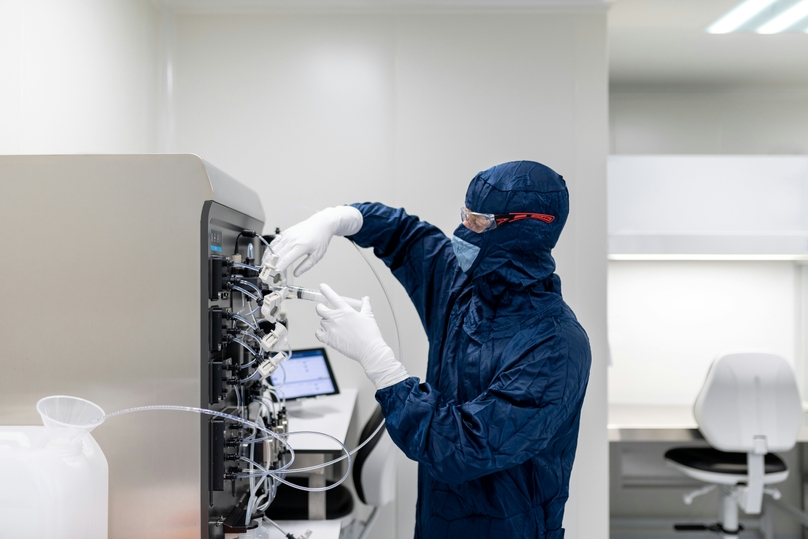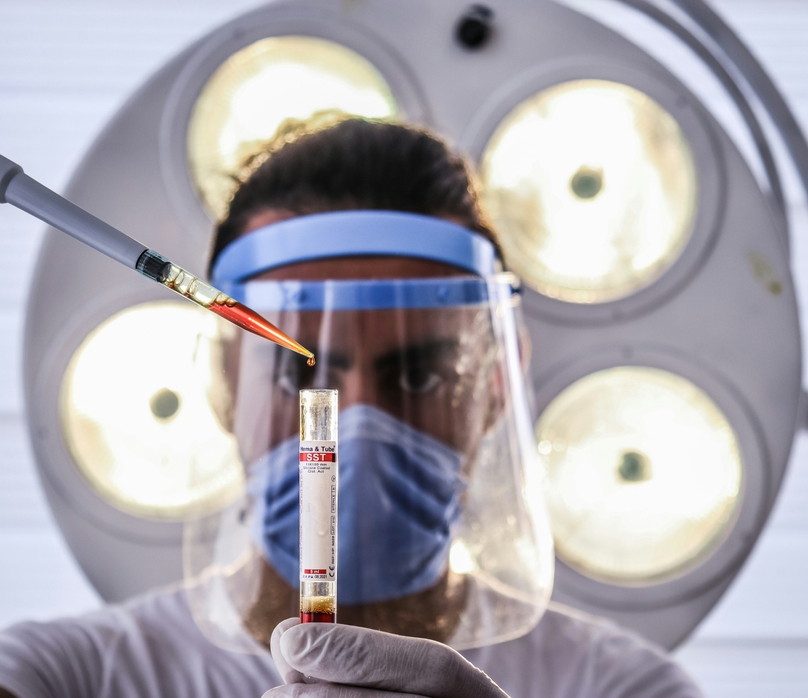What is Laboratory Accreditation?
Submitting to a laboratory accreditation program involves the assessment of a laboratory by a third party assessor, who is a qualified member of an accreditation service. Typically, accrediting bodies are non-profit organizations, such as the Joint Commission International or ILAC.
Accreditation is generally a voluntary process, the aim of which is to verify that certain types of facilities are implementing an appropriate quality management operation and are properly performing certain calibration parameters and test methods, such as ISO and ASTM test methods.
The only lab accreditation required by the Food and Drug Administration (FDA) is the Laboratory Accreditation for Analyses of Foods (LAAF). The EPA requires that labs become certified to analyze drinking water samples. This requires a specific training and certification program and is unrelated to accreditation. All accreditation organizations have national standards, while some also have international standards.
The type of accreditation a laboratory applies for will depend on the type of research or testing they are involved in and the materials they use. In this article, we will explain the requirements for laboratory accreditation and outline some examples of different types of accreditation.
Trying to streamline the workflow and processes of your lab? Try lab automation with a LIMS from Genemod to take the next step in your lab’s efficiency.
General Requirements of Laboratory Accreditation
In order to achieve accreditation, a lab has to show that it has a quality management system that meets certain requirements. It must also be able to show technical competence, in that it meets the required measurements for accuracy and traceability for its type of calibrations or testing. This is known as the scope of accreditation. Once a lab has been accredited, it will receive a certificate indicating that it has met the specified requirements.
General requirements for lab accreditation include the following aspects:
- Legal and contractual matters
- Certification agreements
- Use of certificates and license
- Non-discriminatory conditions
- Remarks of impartiality
- Confidentiality agreements
Laboratory accreditation is a way to promote and implement high-quality lab testing and reduce errors. Accreditation also underlines the credibility of services and results delivered by the laboratory by showing that it is compliant with rigorous quality and safety standards.
Laboratory Accreditation Process
There are several stages to the accreditation process. These are:
- Assessment: This stage involves the measurement of key performance indicators (KPIs) such as staff competence, quality training, test compliance, the integrity of reporting results, quality in communication with users and/or patients, timeliness, and quality assurance.
- Auditing: A laboratory must document its management system to show that it is in compliance with the requirements of the accreditation standards. Lab managers should check that all procedures and activities throughout the lab are being implemented correctly by means of an internal audit.
If any discrepancies are revealed, lab managers should adjust these as necessary before submitting an application for accreditation.
- Selection of accrediting body: The accreditation must be performed by a professional organization that has the right to assess laboratory standards.
- Submitting the application: Once the above steps are completed, the lab can apply.
Types of Laboratory Accreditations
There are different types of lab accreditation for just about every type of laboratory. The form of accreditation a lab is given is dependent upon the materials and experimental methods the lab uses. Here are some examples of specific types of accreditation.
ISO 15189 and CLIA
This accreditation is specifically for clinical testing laboratories or medical laboratories. It has the following requirements:
- Management system requirements: internal audits and reviews of management to show that the lab meets the QMS. Focus is placed on risk management, advisory services, document control, and ongoing improvement.
- Technical requirements: an assessment of personnel training, education, and competence. It also includes an evaluation of lab equipment, testing processes, reagents and supplies, lab information management, and environmental conditions.
ISO 20387
This accreditation is specifically for biobanking. It has the following requirements:
- Resource requirements: an assessment of personnel qualifications, training, competence, laboratory environment, tests, services, products provided, and equipment.
- Process requirements: an evaluation of collection, reception, distribution, transport of biological materials and associated data, quality control, and validation of methods.
- Quality management systems requirements: an assessment of methods, documentation, and risk assessment.
ISO 17034
This accreditation is specifically for reference materials producers. It has the following requirements:
- Structural requirements: an assessment of personnel duties and responsibilities, and communication between team members related to the implementation of risk management plan standards.
- Resource requirements: an evaluation of the competence of personnel in manufacturing reference materials, including the ability of subcontractors involved in the production, processing, storage, and distribution.
- Technical and production requirements: an assessment of the full production process of reference materials, data integrity, and traceability of values.
- Management system requirements: an evaluation of policy, system documents, risk assessment, and control of records.
ISO/IEC 17043
This accreditation is specifically for proficiency testing providers. It has the following requirements:
- Technical requirements: an assessment of personnel, design, and preparation of proficiency testing schemes, data and result analysis, and records and reports.
- Management system requirements: an evaluation of the management system, subcontracting services, control of records, technical records, internal audits, and management reviews.
ISO/IEC 17020
This accreditation is specifically for inspection bodies. It has the following requirements:
- Structural requirements: an assessment of organization and management and administrative needs.
- Resource requirements: an assessment of personal competence, work environment, equipment, and subcontracting.
- Process requirements: an evaluation of inspection methods and procedures, handling of inspection samples and items, inspection records, inspection certificates, and reports, complaints and appeals, and their processes.
- Management system requirements: an evaluation of management system documents, control of documents and records, internal audits, corrective and preventive actions, and management reviews.
ISO/IEC 17065
This accreditation is specifically for product certification bodies. It has the following requirements:
- Structural requirements: an assessment of personnel including their training and education, communication between personnel in relation to their responsibilities within the laboratory, work environment, as well as policies and protocols used to safeguard impartiality in certification activities.
- Resource requirements: an evaluation of the competence of personnel in manufacturing reference materials, including the ability of subcontractors involved in the production, processing, storage, and distribution.
ISO/IEC 17025
This accreditation is specifically for testing/calibration laboratories. It has the following requirements:
- Management requirements: an assessment of laboratory personnel competence, environmental conditions, testing, calibration, and validation methods, equipment, measurement traceability, sampling procedures, handling of test and calibration items, quality assurance, and reporting of results.
- Technical requirements: an evaluation of the establishment, implementation, and maintenance of a laboratory management system, document control, review of requests, tenders, and contracts, purchasing services and supplies, services to customers, control of nonconforming testing and/or calibration work, improvement, preventive and corrective actions, control of records, internal audits, and management reviews.
If you’re having trouble keeping track of your lab’s reagents and libraries for DNA sequence editing, check out Genemod’s electronic lab notebook software for a user-friendly tool to transform your workplace.
Revolutionize Your Lab with Genemod
Running an accredited laboratory has several benefits. It will ensure that you maintain high standards when it comes to testing and producing results. It will also add credibility to your products and services.
If you’re preparing your lab for accreditation and want to streamline your methods and quality control, Genemod has several software solutions to help you to revolutionize your lab.
Whether you’re looking for a state-of-the-art LIMS, an electronic lab notebook to put all your team members on the same page, or a laboratory management solution to help your team innovate and create faster, we have just what you need. Book a demo today to find out more about our customizable platforms.
















